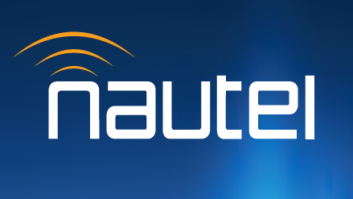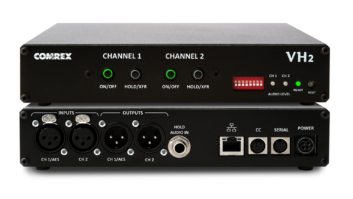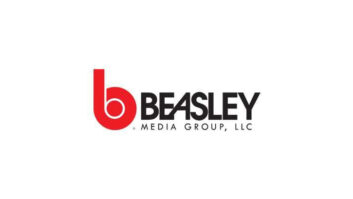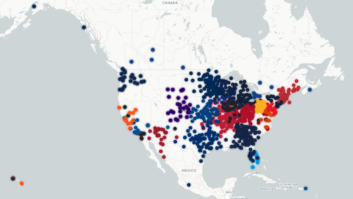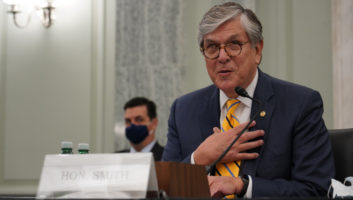
Broadcasters are well placed to help the public feel more confident about vaccinations, said NAB President/CEO Gordon Smith.
He said that includes reaching communities of color, multilingual ethnic minorities and rural areas where vaccine hesitancy is highest.
Smith appeared Thursday before the Senate Commerce Committee on Capitol Hill at a hearing on the topic of communicating “trusted vaccine information.”
“Our research showed that everyone simply wants the facts — news stories that make recommendations based on factual reporting,” Smith told the senators. “Fortunately, that is what broadcasters do best — they dig deep to provide accurate information to their communities — not spin, not rumors and without political theater.”
Smith described NAB’s partnership with the Reynolds Journalism Institute on a research project to identify effective vaccine education messaging. Generally, he said, the public is eager for the vaccine, but there is greater hesitancy among demographics such as African Americans, Hispanics, conservative-leaning Whites and women aged 18 to 34.
He said the NAB/Reynolds research “made it clear that a local and regional approach would be more effective than a one-size-fits-all national message,” and said NAB was “gratified that the Department of Health and Human Services has identified local broadcast stations as effective advertising partners.”
And he noted that the NAB is a founding member of the administration’s recently announced Community Corps, that seeks to develop “trusted messengers in local communities to encourage people to get vaccinated.”
He said radio and TV stations “are anxious to serve again as critical partners to government agencies and the public health and medical communities, to arm listeners and viewers with timely, accurate information about vaccines.”
